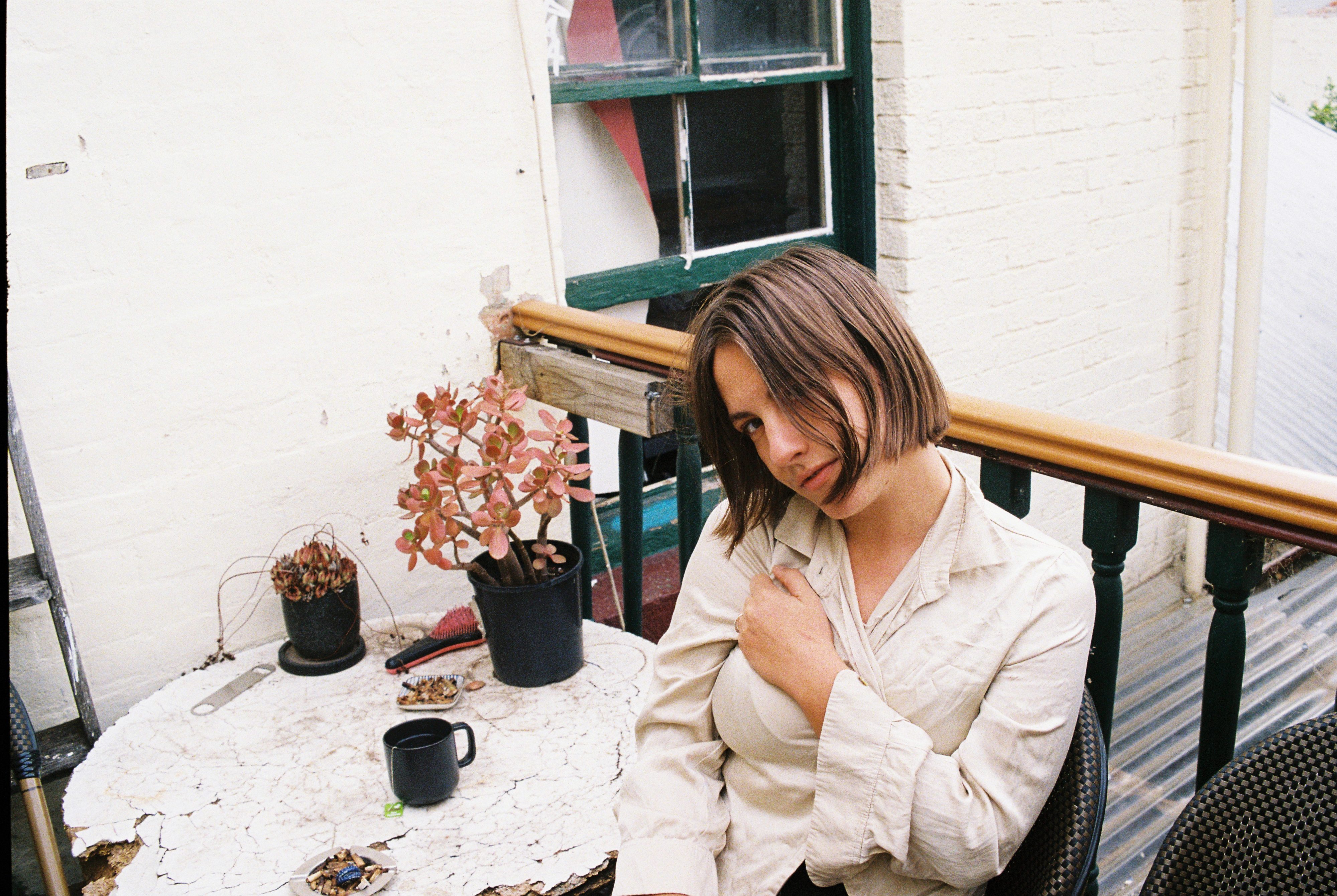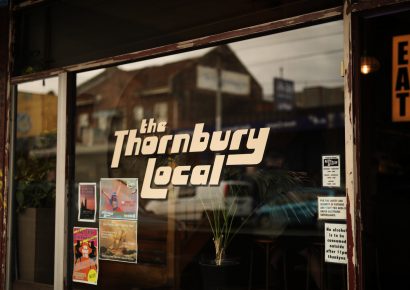Emma Russack’s songs tend to revolve around her lyrics. That’s not a backhanded compliment, as the Melbourne songwriter’s stylistic range, melodic capacity and shepherding of tone is also immensely compelling. But lyrics are again at the centre of proceedings on her fifth record, Winter Blues.
“I find it easier to write melody and lyrics compared to a guitar motif or something,” Russack says. “Sometimes I find it hard to make the music interesting, but the musicians I play with generally help with that. I definitely take the reins when it comes to the lyrics and the vocal melody and the harmonies. They’re my specialties.”
On each of her five full-length releases, Russack’s songs are characterised by honesty and self-awareness. Whether or not the lyrics are entirely autobiographical isn’t critically important, because they engender a strong emotional connection. Winter Blues standouts like ‘What Is Love’ and ‘Be Real’ carry a sense of revealing authenticity.
“I can’t imagine really doing it any other way under my own name,” says Russack. “There’s something very honest about having to perform under your own name and the name that you grow up with and apply for jobs under. For some reason I feel like I have to be true to myself in that sense. I feel like I’m more accountable under my own name. Maybe that’s silly, but I find it hard enough to separate my working life with my music life. I try to stick to being myself.”
Russack’s compulsion to represent her authentic self via her music could mean her personal identity is tightly entangled with her creative output. There are some distinctions, however.
“In my songwriting I think I come across fairly rational and neutral,” she says. “I probably struggle a little bit more in real life than I do in what comes across in the songs. I have probably more conflicts internally in real life than I actually put in my songwriting. I tend to clear it up for myself in songs, but the struggles still exist in real life.”
Although Russack’s lyrics undergo editing and sculpting in order to reach these resolutions, there’s often a stream-of-consciousness flavour to them. It’s an impression created by the citation of mundane daily tasks and recollections of past conversations, which form the basis of penetrating existential statements. Listening to her songs can feel like being part of a conversation.
“I’m not very good at hiding things generally,” Russack says. “I guess just how I try to communicate is in a fairly direct and honest manner. The last few years have been a bit hectic for me because I’ve been doing different things with my life and I often don’t have time to labour over songwriting very much. I just tend to write very quickly and in a very basic way for my own therapy. I always used to deny that it was therapeutic, but I think it really does help me to explore the way I’m feeling through a song.”
There is a school of thought that says art must be driven by utilitarian intent, and anything founded in introspection is pure self-indulgence. Russack’s songwriting vindicates a more subjective outlook.
“I remember hearing some rock star say once that they write for the fans or the people, it’s not about yourself, and maybe I was following suit. But it’s all about me now. I’ve realised that it’s always been about me. That sounds a bit selfish but it’s kind of liberating as well when you start to realise that you almost can’t help what you’re doing because it feels good to do it.
“Even if I was to stop releasing music at the level I’m releasing it – through a big freakin’ record label; Universal – I’d always still write songs. It’s very therapeutic and so now it’s good to realise that, because it frees me up a bit.”
Winter Blues by Emma Russack is out now via Spunk Records. Catch her at the Jazzlab on Wednesday August 7.







